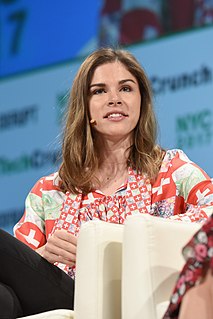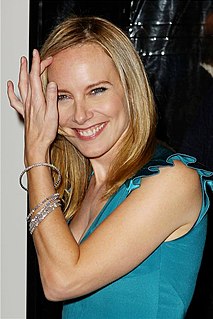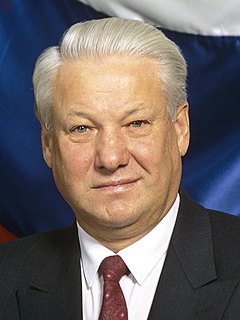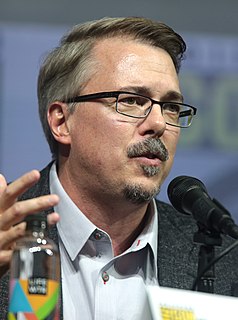A Quote by Emily Weiss
Freedom and confidence are two different things, in my book. Confidence is overrated - it can be faked, whereas freedom is fearlessness.
Related Quotes
Taking responsibility nurtures self-confidence, and self-confidence can help you to be a more interesting and attractive person. And best of all, the more you believe in yourself, the more power you possess to attract your good. . . . Those who speak constantly of their right to freedom must understand that an irresponsible act does not bring greater freedom but only greater bondage to the action. One law of life says, "If we are to enjoy freedom, we must accept responsibility." A great awareness is expressed in this statement.
I've been very lucky in the freedom that I've been given. Every artist needs two types of freedom: You need the freedom to - the freedom to come up with an idea or treatment - and then you need the other half of the freedom, and that's freedom from - somebody saying, 'This is great. This is how I want you to do it.'
I've been very lucky in the freedom that I've been given. Every artist needs two types of freedom: You need the freedom to - the freedom to come up with an idea or treatment - and then you need the other half of the freedom, and that's freedom from - somebody saying, 'This is great. This is how I want you to do it'.
Confidence is not lodged in people's brains, it comes from the support system that surrounds them. Let's not confuse confidence overall with just self-confidence. Self-confidence is only one part of confidence. People also need confidence in others - their colleagues and leaders - that they can count on them to do the right thing and not to let them down.
The Arab awakening has been, up to now, a lot about freedom from dictatorial regimes - Syria, Yemen, Libya, Tunisia, Bahrain and Egypt. But once you got freedom from, then you need freedom to. Freedom from is about destroying things. Freedom to is about constructing things, constructing the rule of law.

































